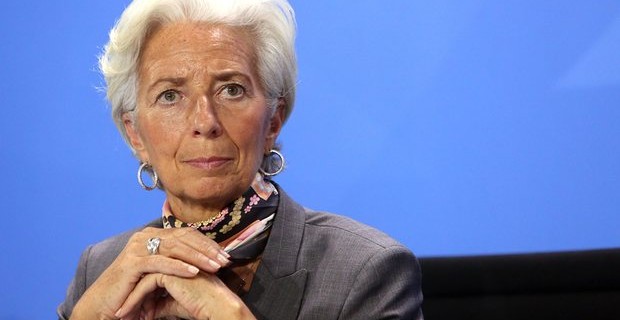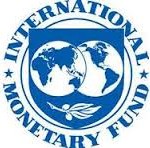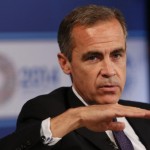IMF calls for labour market reform to boost jobs

Reforms include higher public spending to help the jobless find work, cutting benefits to encourage the jobless to take low-paid work and cutting taxes
The protracted weakness of the global economy has highlighted the need for lower taxes on employment and higher public spending to get the unemployed back into work, the International Monetary Fund has said.
Expressing concern about sluggish growth in the west since the 2008-09 downturn, the Washington-based IMF said it was time for ultra-low interest ratesand quantitative easing to be accompanied by a range of structural reforms.
The IMF issued its advice in a chapter from the half-yearly World Economic Outlook (WEO) released before the report’s publication next week.
Romain Duval and Davide Furceri, economists from the IMF’s research department, said: “In the current environment of persistent weak economic activity in many advanced economies, there is a strong case for product and labour market reforms, complemented by macroeconomic policy support, to boost jobs and growth.”
The chapter from the WEO said an example of product market reform would be to make it easier for new firms to break into markets such as retailing and professional services.
Labour market reforms included higher public spending to help the jobless find work, cutting unemployment benefits to encourage the jobless to take low-paid work, cutting taxes on employment, and making it easier for employers to hire and fire full-time staff.
Duval and Furceri said there were short- and medium-term benefits to reforms of product markets. “They boost private investment and hiring as new firms enter into the market, and this effect does not depend markedly on overall economic conditions. For example, the widespread deregulation of air transport and telecommunications that took place in many advanced economies mostly during the 1990s led to large increases in output, productivity and quality of services.”
However, they added that some of the proposed changes to labour markets would work only under the right conditions. Policymakers should choose their priorities carefully, carry out the reforms in the right sequences, and make sure they are accompanied by enough economic stimulus to maximise gains.
Cutting taxes on labour and higher spending on helping the unemployed into work had more effect when economies were struggling.
“In contrast, reforms to employment protection arrangements and unemployment benefit systems have positive effects in good times, but can weaken aggregate demand and further lower output in bad times.”
Where possible, the IMF economists said, less generous unemployment benefits and lower job protection should be accompanied by other policies to offset their short-term cost.
“Alternatively, they might be enacted now but come into force only when the recovery is more robust, or be applied only to new beneficiaries — so-called ‘grandfathering’ of reforms,” they said.
Source: TheGuardian





























